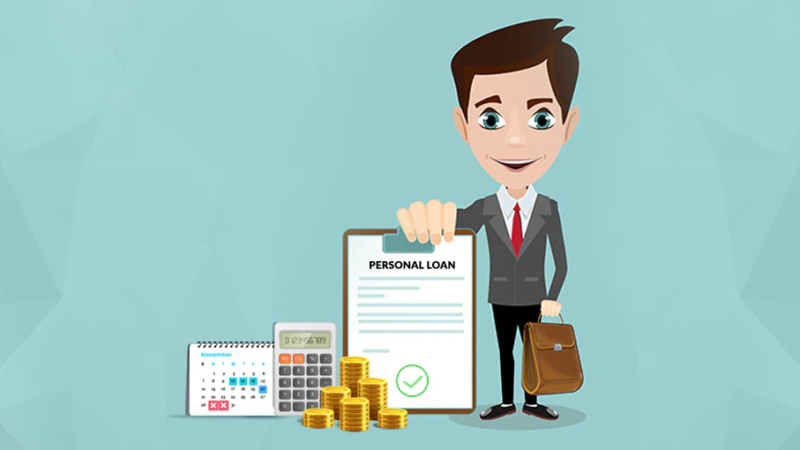Healthy Financial Habits to Avoid Falling into Debt

Managing your finances doesn’t have to feel overwhelming. By adopting healthy financial habits, you can take control of your money, accomplish your goals, and steer clear of unnecessary debt. Whether you’re beginning your financial journey or looking for ways to improve, these practical tips will help you build a secure foundation for a stable future.
For those already facing financial challenges, trusted services like Cero Deuda can provide personalized solutions to help you regain control.
Know Your Financial Priorities
Understanding your financial priorities is essential to avoid falling into debt. It’s all about making intentional spending decisions.
Differentiate Between Wants and Needs
The first step? Learn to separate your needs (necessary expenses such as groceries, rent, and utilities) from your wants (like dining out, shopping sprees, or concert tickets). By focusing on needs first, you’ll avoid overspending and ensure that your essentials are always covered.
Follow the 50/30/20 Budgeting Rule
This simple method divides your income into three key areas:
- 50% for needs (housing, food, transportation)
- 30% for wants (entertainment, hobbies)
- 20% for savings and debt repayment
This approach balances your present desires with future financial security, offering clear boundaries for spending and saving.
Set Up a Realistic Budget
A budget is your roadmap to financial freedom. Without it, it’s easy to lose track of spending and accumulate unnecessary debt.
Steps to Create a Monthly Budget
- Monitor Income and Expenses: Write down all your income sources and categorize every expense.
- Set Financial Goals: Define both short-term (e.g., saving for a trip) and long-term goals (e.g., buying a home).
- Stick to It: Allocate your money accordingly, and regularly review your spending habits to stay on track.
Use Tools to Simplify Tracking
Apps like Mint, You Need a Budget (YNAB), or PocketGuard can help you organize your finances and automatically track your expenses. These tools make it easier to stick to your budget while keeping you motivated.
Use Credit Cards Responsibly
Credit cards can be helpful, but overreliance on them is one of the fastest paths to debt. Knowing how to use them wisely is crucial.
Tips for Responsible Card Usage
- Pay Off Balances Monthly: Avoid interest charges by settling your full balance on time.
- Avoid Making Minimum Payments: While tempting, paying only the minimum will keep you in debt longer and cost you much more in interest over time.
- Stay Below Your Limit: Keep your credit utilization rate (the portion of your credit limit you use) below 30% to maintain financial flexibility and support your credit score.
Remember, using credit isn’t bad—but misuse can lead to financial stress. Think of your credit card as a tool, not free money.
Build an Emergency Fund
An emergency fund is your financial safety net. It helps cover unexpected expenses like medical bills, car repairs, or sudden job loss, preventing you from relying on credit cards or loans.
How to Start Saving
- Set a Goal: Aim to save three to six months’ worth of living expenses.
- Start Small: Even putting aside $10-$20 per week adds up over time.
- Automate Savings: Use a separate savings account and set up automatic transfers from your main checking account.
Even if your income is limited, the habit of saving—even in small amounts—cultivates financial discipline and security.
Live Below Your Means
Adopting a lifestyle that aligns with your income is a sure way to avoid unnecessary debt. Living below your means may sound restrictive, but it’s truly liberating.
Tips for Adjusting Your Lifestyle
- Cut Back on Discretionary Spending: Look for areas where you can save, like brewing coffee at home instead of buying it daily.
- Focus on Value Over Brand: Opt for high-quality items at better prices, avoiding the allure of expensive labels.
- Find Free or Low-Cost Alternatives: Enjoy life’s experiences by exploring free or affordable options like community events, libraries, or outdoor activities.
Small, consistent changes can lead to significant savings while still allowing you to enjoy the things you love.
Already Struggling with Debt? Meet Cero Deuda
No matter how careful we are, debt can sometimes creep up unexpectedly. If you’re feeling overwhelmed, Cero Deuda is here to help. With proven debt relief solutions, they offer personalized support to help you regain control of your finances.
- What They Offer: Personalized debt relief solutions tailored to your specific needs.
- How They Help: Cero Deuda’s free consultation allows you to explore options like debt negotiation and restructuring, helping you reduce your debt efficiently.
- Proven Expertise: Backed by years of experience, Cero Deuda is equipped to guide you toward a debt-free future.
Take that first step toward peace of mind—learn more about Cero Deuda’s free consultation and how they can support you.
Build a Brighter Financial Future
Creating healthy financial habits might require some effort initially, but the long-term benefits are more than worth it. By understanding your priorities, setting a budget, saving consistently, and avoiding credit pitfalls, you’ll protect yourself from unnecessary debt and achieve financial independence.
Whether you’re just starting on your financial path or need help navigating existing challenges, tools like Cero Deuda can provide expert guidance every step of the way. Remember, every small action you take today brings you closer to a more stable and debt-free tomorrow.
Are you ready to take control of your finances? Explore personalized debt relief solutions now and start building your financial security with confidence.






